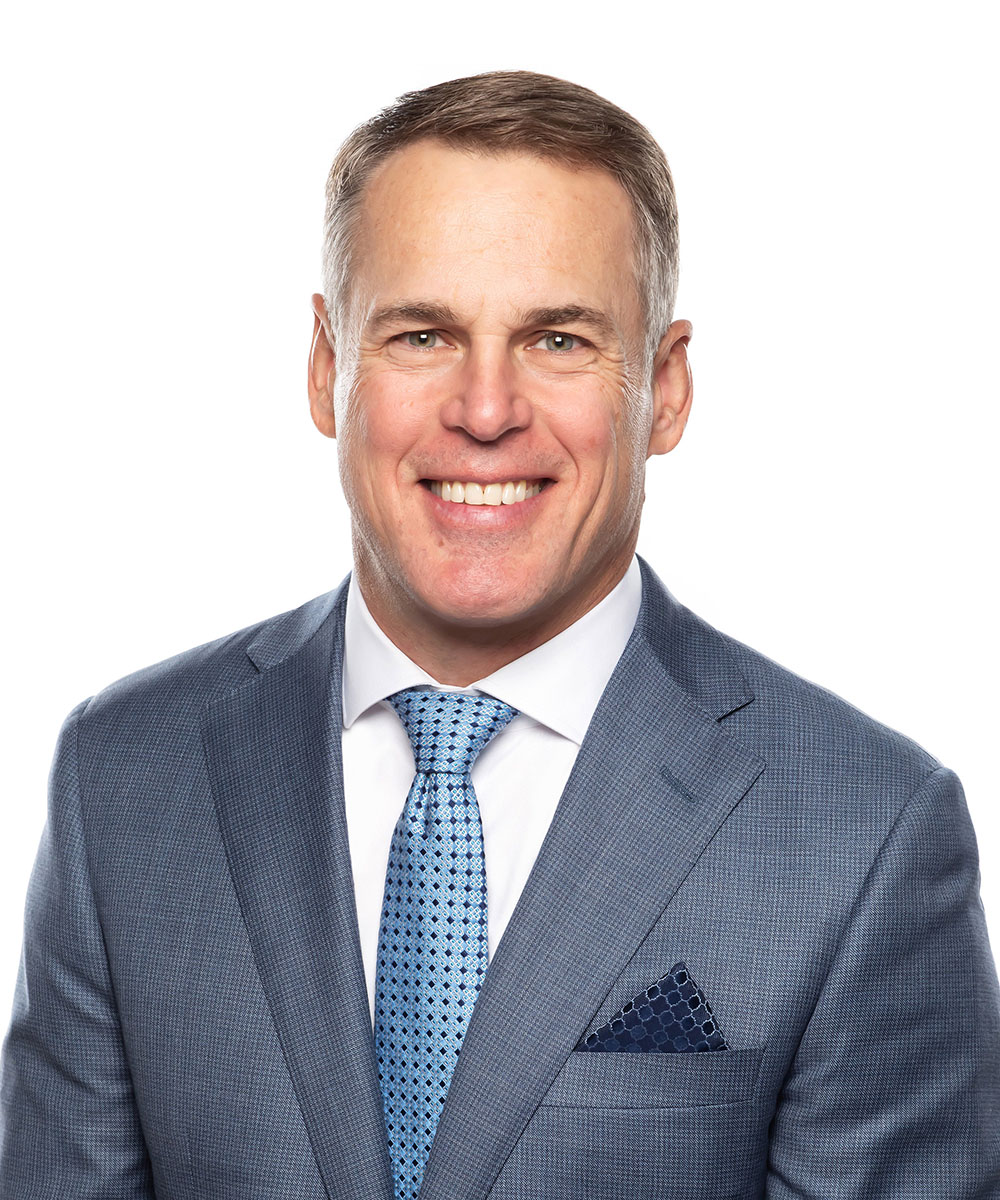
Financial planning for lawyers: Turning high income into lasting wealth
Many seasoned lawyers have built strong practices and enjoy excellent incomes. After decades of study, client advocacy, and long hours in the office, that income is well-earned. But here’s the reality: even for established professionals, a high income doesn’t automatically create long-term financial security or a comfortable retirement. I’ve seen experienced lawyers with successful practices assume their earnings alone were enough—only to realize later that without a clear strategy, income doesn’t always translate into lasting wealth.
→ Wealth doesn’t build itself—it has to be designed with intention.
The complexity behind the paycheque
On the surface, financial planning for lawyers might seem straightforward. But dig a little deeper and the complexity becomes obvious. Many lawyers operate through professional corporations, partnerships, or mixed structures. They juggle questions such as:
- Should I pay myself a salary or dividends—or a mix of both?
- What’s the smartest way to balance RRSPs, TFSAs, and corporate investments?
- How do I manage taxes now without creating bigger tax burdens later?
Even the most intelligent and experienced professionals—lawyers, doctors, etc.—don’t always know what they don’t know.
The difference between a secure retirement and a stressful one often comes down to how well these complexities are managed.
Salary vs. dividends: More than a paycheque decision
One of the biggest choices lawyers face is how to draw income from their corporation. At first glance, paying dividends often seems attractive because it avoids payroll deductions. But it comes with trade-offs.
- Salary: Generates RRSP contribution room and contributes to CPP (Canada Pension Plan). These two pillars can form an important part of long-term retirement income.
- Dividends: Allow you to leave more money in your corporation and benefit from small business tax rates. But dividends do not create RRSP room and don’t contribute to CPP.
- Corporate Investments can also increase “SBD Grind”, increase passive income and reduce small business deductions.
Neither option is universally “better.” The right mix depends on your goals, your age, your family situation, and the future you want. Too often, lawyers default to one approach without understanding the long-term implications.
Building wealth buckets (or financial pillars)
A key part of my work with lawyers is helping them think in terms of “buckets” of wealth. A four legged stool is more stable than a single leg. Retirement income should come from more than one source—ideally a combination of:
- Registered accounts such as RRSPs and TFSAs.
- Corporate savings and investment
- Insurance-based strategies that provide liquidity and tax efficiency.
Each bucket has advantages and limitations. RRSPs, for example, provide tax deductions now but are fully taxable when withdrawn. Corporate investments benefit from tax deferral, but once they reach certain thresholds, passive income rules can reduce the small business deduction. Insurance strategies can offset tax erosion while creating stability and liquidity.
By blending buckets, lawyers can smooth out retirement income, lower lifetime taxes, and create flexibility for changing needs
The role of tax efficiency
If you’re like many lawyers, a high income also means high taxes—and without planning, a surprising amount of that wealth can quietly slip away.
The truth is, the difference between having a plan and leaving things unchecked can be enormous. Over the course of your career, thoughtful tax strategies can make a significant impact on how much you’re able to enjoy, save, and ultimately pass on.
Why insurance matters more than you think
Few topics make people more uncomfortable than insurance. It’s often dismissed as something that gets “sold” rather than something that’s thoughtfully implemented. I understand the skepticism. But when viewed through the right lens, life insurance is one of the most powerful tools for turning income into lasting wealth.
- Term insurance covers liabilities like mortgages, providing protection during working years. Often required, and normally a cost.
- Permanent insurance not only protects but also builds wealth inside the policy. That wealth can grow tax-advantaged, provide liquidity at death, and ensure assets pass quickly and cleanly to beneficiaries. Should be part of the overall Financial Plan and Wealth Creation.
- When insurance is connected to a clear purpose—protecting a spouse, covering taxes on an estate, or leaving a legacy—it becomes a solution. The lawyers I work with are often surprised by how much value insurance can add once they see what it does, not just what it is.
Avoiding common pitfalls
Time and again, I see lawyers run into the same financial planning traps:
- Believing income equals wealth. Without strategy, high income simply fuels higher spending, not higher net worth.
- Deferring planning. Busy schedules mean estate and retirement planning get pushed aside—until it’s too late to maximize opportunities.
- Relying on one strategy. Whether it’s only investing in the corporation or only focusing on RRSPs, a single-bucket approach cretes vulnerabilities.
- Overlooking estate planning. Even lawyers—who draft wills for clients—sometimes neglect their own estate needs, leaving families with avoidable taxes and delays.
Creating clarity in complexity
The good news is that these challenges can be turned into opportunities. Complexity, when managed well, creates room for efficiency and growth. My role is to sit with lawyers, peel back the layers, and clarify the big picture:
- Where are you today?
- What do you want your wealth to accomplish tomorrow?
- Which strategies will get you there most effectively?
With those answers, we can design a plan that transforms a high income into something much more enduring: a secure retirement, a protected family, and a meaningful legacy.
The bigger picture
Earning a strong income is an incredible accomplishment. But the real challenge—the one that defines long-term security—is converting that income into wealth that lasts.
For lawyers, the path forward requires careful attention to tax efficiency, diversified wealth buckets, and purposeful estate planning. It also requires a shift in perspective: from seeing products and paycheques to seeing strategies and goals.
High income is just the starting point. Lasting wealth comes from planning.
Based in Halifax, Sylvain Morin helps high-net-worth families and professionals create estate and wealth strategies that bring clarity, confidence, and peace of mind.
This is a general source of information only. It is not intended to provide personalized tax, legal or investment advice, and is not intended as a solicitation to purchase securities. Sylvain Morin is solely responsible for its content. Seek advice on your specific circumstances from an IG Advisor. Trademarks, including IG Wealth Management and IG Private Wealth Management, are owned by IGM Financial Inc. and licensed to subsidiary corporations. Insurance products and services distributed through I.G. Insurance Services Inc. Insurance license sponsored by The Canada Life Assurance Company.

